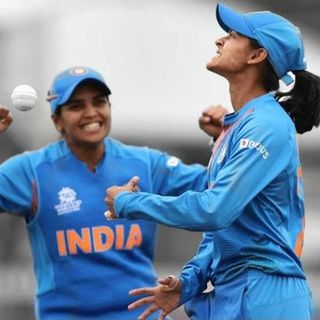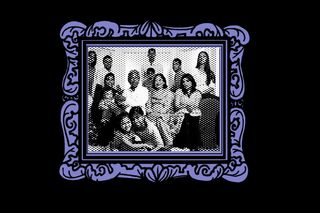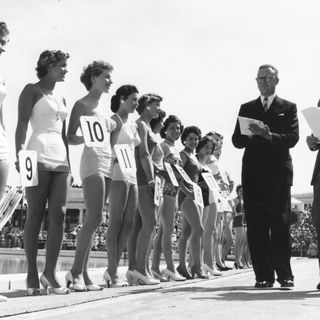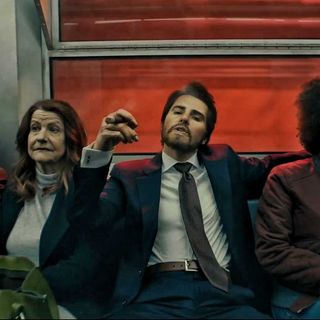
This Is My Family: Inter‑Religious Friends Who Met During the ’92 Bombay Riots
“Humans kill humans, but humans also save humans. My friend is one of them.”

In This Is My Family, we explore alternative family structures and the institution of marriage in India.
We were all perpetually living in fear — it had been a few days since the start of the riots in December 1992 in Mumbai.
We would wake up in the middle of the night scared. Each knock on the door felt like someone was coming to get us and that it would probably be our last night. We didn’t know how to pacify our children, who were continuously crying. All we had to tell them was nothing would happen to them.
Just two days after Jan. 4, 1993, when the mob had reached our chawls in Mahim and set them on fire, my best friend from work, a Hindu, had anticipated that the frenzy wouldn’t stop there. He was worried for my family, that for no fault of ours, but because we were Muslims. That we’d be killed.
Much against his family’s wishes, he traveled all the way from Jogeshwari, which was itself one of the worst-hit localities in the riots, to ask me and my family to live with them for a few days. He said he didn’t have any money to offer to the victims and this was the least he could do — save my family from dying. If something would happen to me, he said, he wouldn’t be able to face himself ever.
We didn’t have a plan to escape. He was a Hindu who was sitting in a Muslim man’s house and was asking a Muslim family to travel with him to a Hindu locality. It could be dangerous. We didn’t know how we would shield ourselves or if we’d have any answers to give in case anyone asked. We decided to play it by the ear.
First, we hatched a plan to leave after sunset — but that would’ve been suspicious. So, with the most basic belongings, five of us, in groups of three and two, started walking outside the house. It was quiet, and the roads wore a deserted, charred look from the houses that were burnt a few days ago. The air smelled of smoke. It was quiet. Even in broad daylight, it was as if there was a curfew, except that wasn’t the case. Everyone was just sitting at home, fearing for their lives.
We managed to exit my locality safely and find an auto to get to Jogeshwari. The tricky part was in no one getting to know our identity. A few people in my friend’s neighborhood did become suspicious, but he was quick enough to clear the air by saying we were his relatives who were scared to live in a Muslim-dominated area, and we quickly snuck into his house.
Related on The Swaddle:
This Is My Family: the Neighbors Who Became Parents
His family was really warm and considerate. Despite living in a small chawl themselves, not only did they open their house to us, but also their hearts. They ensured that nobody got to know about us. They didn’t let us step out, and for more than three months, until things went back to somewhat normal, they insisted we stay with them.
In those three months — amid the tension around us and the constant fear that not only will they kill us but also my friend for housing a Muslim family — my kids spent time playing with his, and we’d spend all day together talking, cooking, eating like any other big family. At the end of each day, we’d just be thankful that we were living.
One day, a gang showed up at the doorstep, suspecting that we were Muslims. But my friend was brave enough to send them away asking them how they could doubt their ‘own’ people. We were living in hiding for so many months, but it didn’t feel like it because everything and everyone ensured we were comfortable.
Those three months may have been full of uncertainty, fear, but what it did for us was restore our faith in humanity and friendship. When we left my friend’s house to go back to ours, we found nothing. The mobs had burnt it all. We ended up going back to my friend’s house for a couple more weeks, and he was generous enough to offer money to build another chawl. But I refused — he’d already done more than he was capable of.
Today, 26 years later, we may be living apart, but we are like one family. No Eid and Diwali are complete without each other; the festivals are a feast with both the families cooking and celebrating together. We go shopping together for these festivals, and recently, for my son’s wedding, my friend’s family did a few rituals because, honestly, they are closer to us than a few of our relatives. We owe our lives to them, and if need be, I will lay my life to protect them. These are the values we grew up with. I even hate identifying ourselves with our religions, but it’s sad that it’s come to this. Humans may kill humans, but humans also save humans, and my friend is one of them.
This interview has been condensed and edited for clarity. As told to Anubhuti Matta.
Anubhuti Matta is an associate editor with The Swaddle. When not at work, she's busy pursuing kathak, reading books on and by women in the Middle East or making dresses out of Indian prints.
Related


How Hot Are You on a Scale From 1 to 10, and Why Does Anyone Care?
